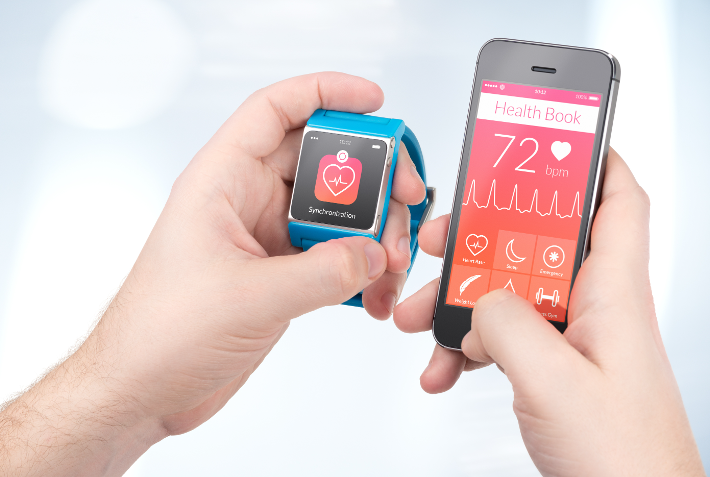
Genomics and Health: Understanding Your DNA for Better Health.
Blockchain technology, originally developed as the underlying architecture for cryptocurrencies like Bitcoin, has emerged as a powerful tool for revolutionizing healthcare data management. In this article, we'll explore the role of blockchain in healthcare, its potential applications, and the benefits it offers for improving data security, interoperability, and patient privacy.

One of the primary applications of blockchain in healthcare is in securing and managing electronic health records (EHRs). By storing patient data on a blockchain network, healthcare providers can ensure that sensitive information remains private and tamper-proof, while still allowing authorized parties to access and update the data as needed. This not only reduces the risk of data breaches and unauthorized access but also enhances data integrity and trustworthiness.
Moreover, blockchain technology facilitates interoperability among disparate healthcare systems and data sources, enabling seamless sharing and exchange of patient information across healthcare organizations, providers, and even geographical boundaries. Through blockchain-based networks, patients can maintain control over their health data and grant access to trusted entities, such as healthcare providers, researchers, and insurers, while retaining ownership and sovereignty over their personal information.
Additionally, blockchain has the potential to streamline administrative processes and reduce healthcare costs by eliminating intermediaries and optimizing workflows. Smart contracts, self-executing contracts with the terms of the agreement directly written into code, can automate and enforce agreements between parties, such as insurance claims processing, patient consent management, and supply chain logistics. By automating these processes, blockchain technology can reduce administrative overhead, minimize errors, and improve efficiency.
Furthermore, blockchain-enabled platforms can support innovative applications in healthcare research, clinical trials, and population health management. By providing a secure and transparent data infrastructure, blockchain networks can facilitate data sharing and collaboration among researchers, accelerate the discovery of new treatments and therapies, and improve the accuracy and reproducibility of scientific studies.
Despite its potential benefits, blockchain adoption in healthcare faces challenges and barriers, including regulatory uncertainty, scalability limitations, and interoperability issues. Moreover, concerns about data privacy, security, and governance must be addressed to ensure the ethical and responsible use of blockchain technology in healthcare.
In conclusion, blockchain has the potential to transform healthcare data management by enhancing security, interoperability, and patient privacy. By leveraging blockchain technology, healthcare organizations can create a more transparent, efficient, and patient-centered healthcare ecosystem that prioritizes data integrity, security, and accessibility. As blockchain continues to evolve and mature, it holds the promise of revolutionizing the way healthcare data is managed, shared, and utilized for the benefit of patients and providers alike.